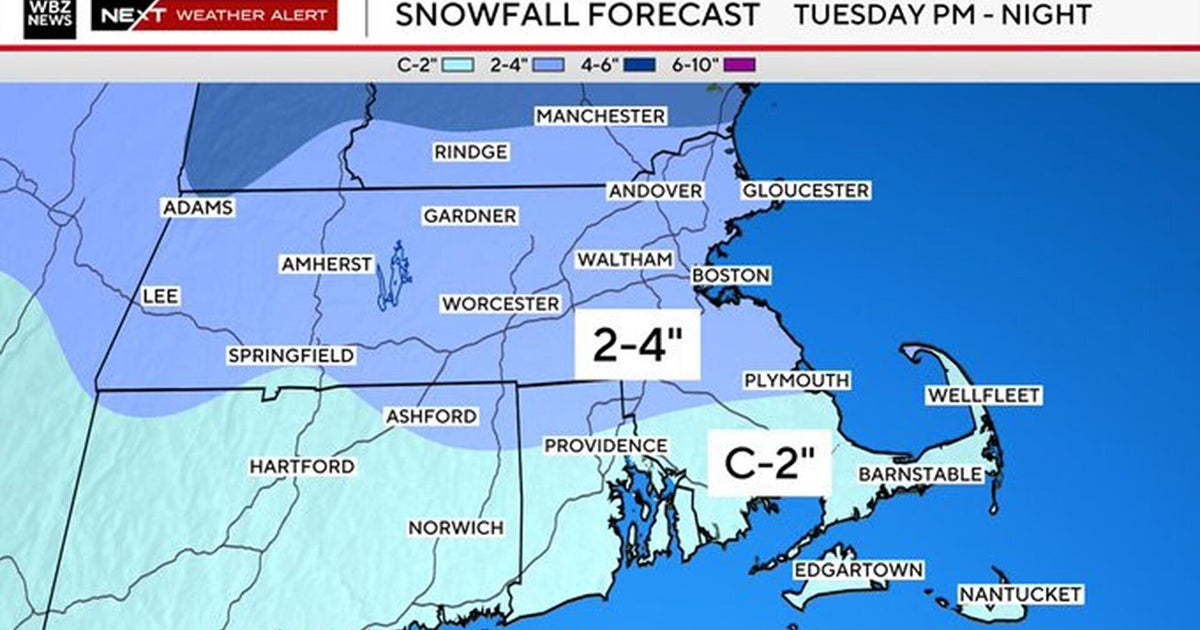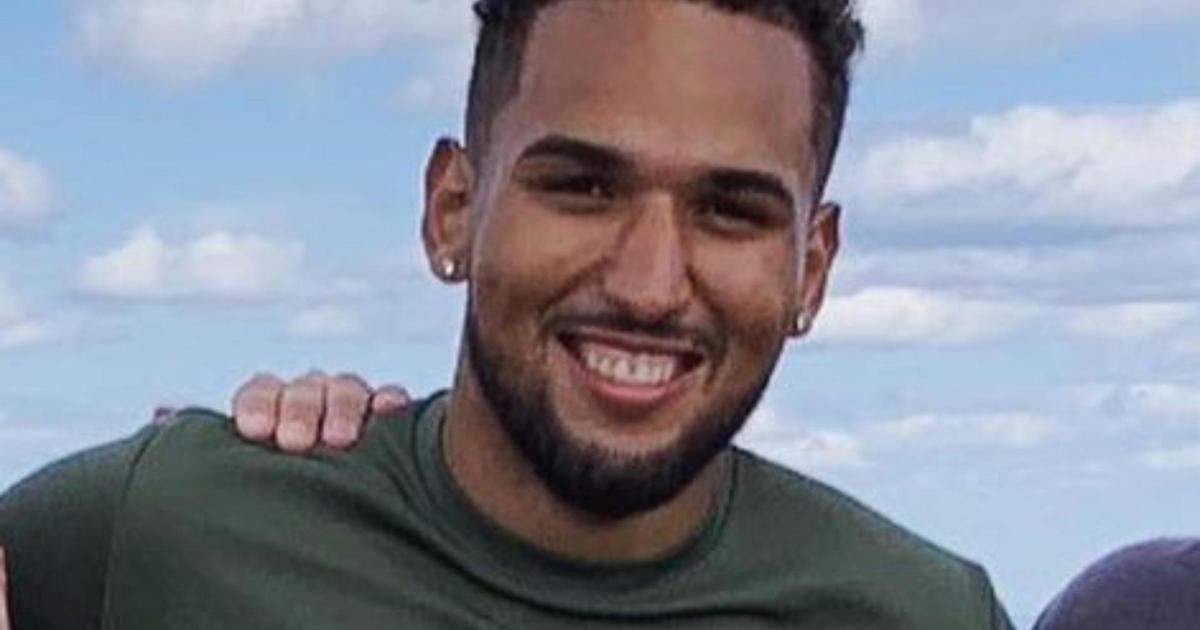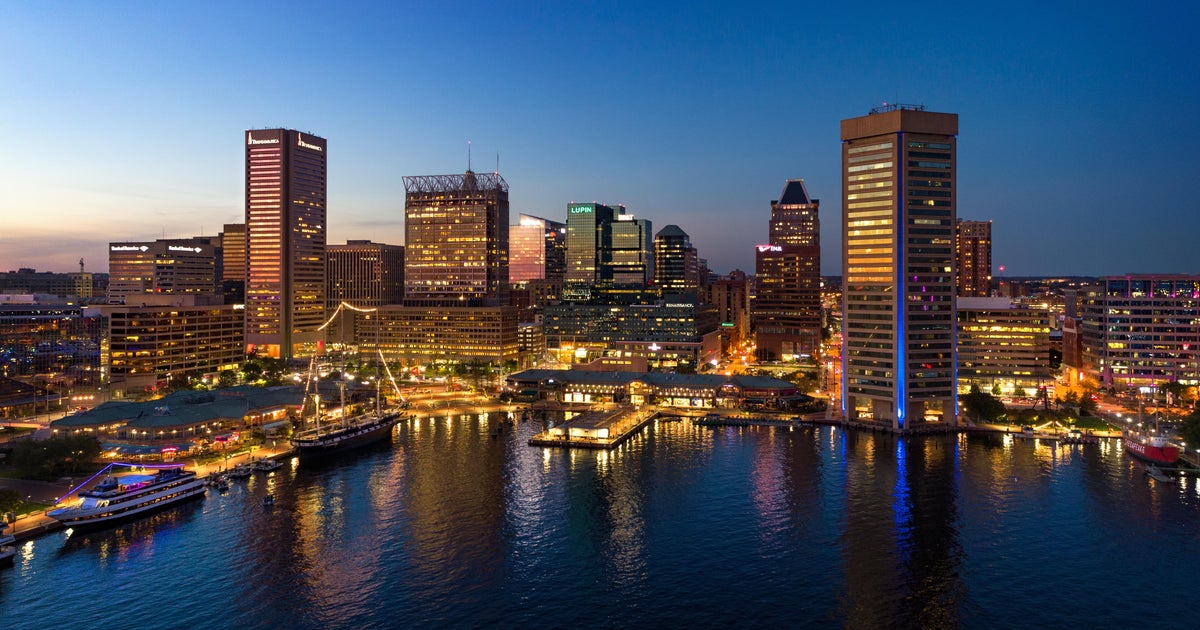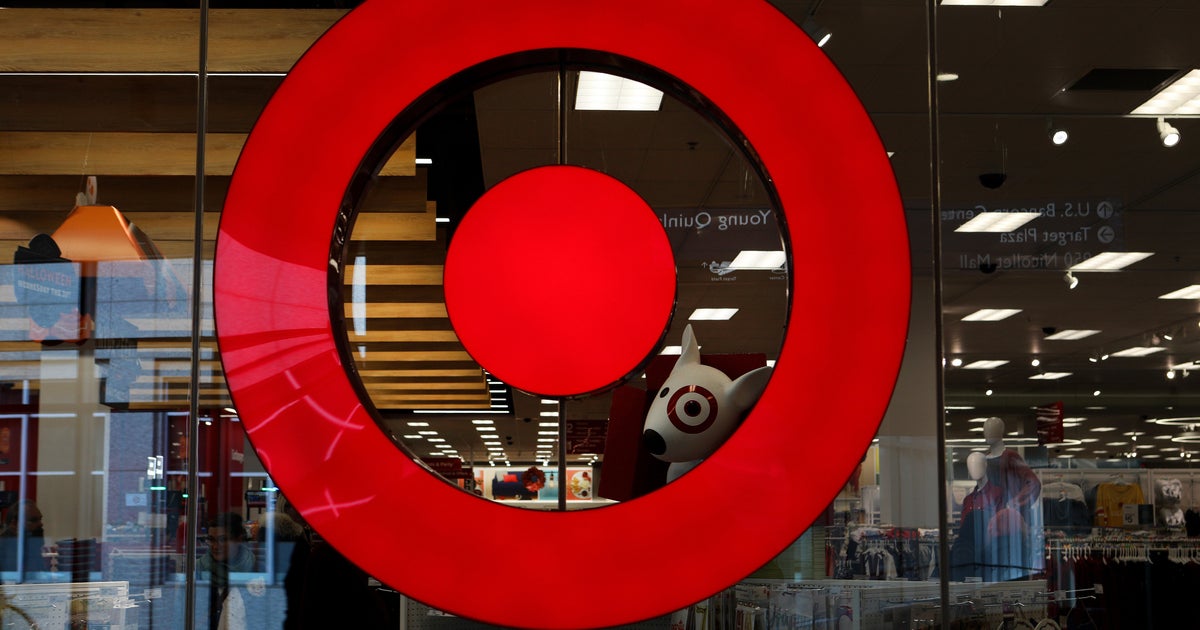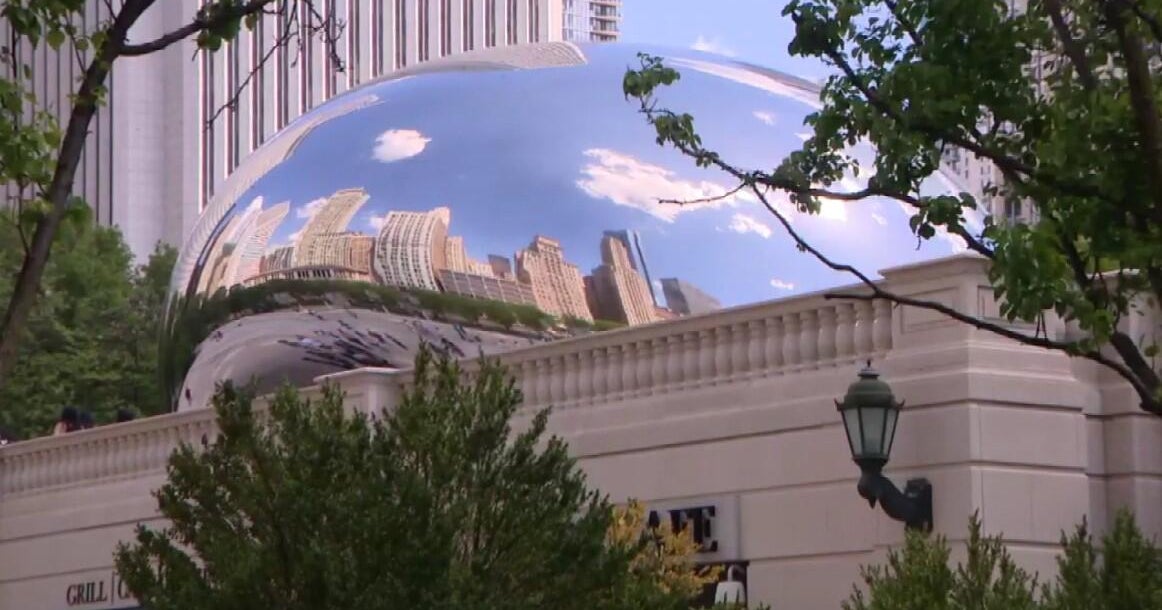Coalition wants $20 minimum wage in Massachusetts by 2027
By Chris Lisinski, State House News Service
The $15 minimum wage that kicked into effect Jan. 1 was years in the making and took more than five more years to be implemented. Now, with the new rate just setting in, key power players have set their sights on making Massachusetts the first state in the country to move to $20 per hour.
Members of the Raise Up Coalition, an influential constellation of organized labor and community groups, will press lawmakers to support legislation laying out four annual minimum wage hikes to bring the standard rate up to $20 by 2027 while nearly doubling the separate minimum wage for tipped workers to $12 per hour.
The proposal, which has already generated opposition from at least one industry group, will spark new debate about an appropriate wage floor and impacts on affected businesses. That discussion is likely to be supercharged by the potent cost of living in the Bay State, lingering pandemic-era strains on both workers and employers, and a menu of tax relief measures business leaders say are important to the state's competitiveness.
"In 2018, when we passed the law to increase the minimum wage to $15 an hour, I think even then we knew $15 an hour would certainly help a lot of lower-income families and households in Massachusetts but that that would still be below what's really needed for a living wage," Sen. Jason Lewis, who filed a version of the $20 per hour bill, told the News Service. "The impact of unexpectedly high inflation in the last couple of years -- that has really eaten away at the purchasing power of a $15 minimum wage."
Lewis's bill (SD 2032), plus a nearly identical bill filed in the House by Democrat Reps. Tram Nguyen of Andover and Daniel Donahue of Worcester (HD 3965), call for raising the general minimum wage $1.25 per hour each year until it reaches $20 in 2027. The wage would then be indexed to the consumer price index for urban wage earners and clerical workers starting in 2028 so it automatically raises alongside inflation.
Both bills would similarly raise the minimum wage for tipped workers each year, landing at $12 per hour in 2027, then link it to the same consumer price index the following year.
A spokesperson for the Raise Up Coalition said the groups are "urging legislators to cosponsor" the Lewis and Nguyen-Donahue bills.
"From 2013 to 2018, Raise Up Massachusetts worked to bring the statewide minimum wage closer to a living wage, and we're proud of our work to win the current $15 minimum wage. That wage, however, is by no means a living wage in our wealthy and expensive state. In fact, over the past year the minimum wage has failed to keep up with the rapidly rising cost of living," the spokesperson, Andrew Farnitano, said in a statement. "According to the federal Bureau of Labor Statistics, it took nearly $18 in November 2022 to buy what $15 bought in June 2018."
"Our state's hard-working people deserve a higher minimum wage that allows them to earn a decent living, and Raise Up Massachusetts is fully committed to winning another increase in the minimum wage, indexing it to keep up with inflation, and ensuring that municipal workers are covered by the minimum wage," Farnitano added.
However, it's not yet clear exactly how the coalition plans to deploy its political muscle this time around after its ballot question in 2018 -- as well as another one backed by the Retailers Association of Massachusetts cutting the sales tax -- pressed lawmakers into action and in the wake of a successful ballot question effort last year to impose a surtax on high earners.
The group has neither committed to nor ruled out pursuing an initiative petition, a step that could put the topic before voters in 2024. And while Farnitano confirmed the coalition supports the already-filed $20 per hour legislation, he also said its members are also "consulting with low-wage workers and experts to determine the ideal level for the minimum wage in the current economic climate."
Five years ago, when a series of Raise Up-backed proposals were set to make the ballot, lawmakers and then-Gov. Charlie Baker enacted the so-called "grand bargain" law that increased the state's minimum wage from $11 to $15 via a series of annual hikes, implemented a paid family and medical leave program backed by a payroll tax, required an annual sales tax holiday weekend, and phased out a requirement for workers to earn time-and-a-half pay on Sundays.
Jon Hurst, president of the Retailers Association of Massachusetts, agreed as part of that deal to drop a ballot question his group backed that would have reduced the state's sales tax from 6.25 percent back to its old rate of 5 percent.
Now, facing the prospect of renewed debate on another batch of minimum wage increases, Hurst said he "strongly oppose[s]" the latest measure.
"We just went through the grand bargain increases. We just hit $15 as of January 1. We are the third-highest minimum wage in the entire country, trailing only California and Oregon. No state in our region is remotely close to us, to Massachusetts," Hurst said in an interview. "I get it, politically. This is an automatic political issue every five years or so, by special interests with very deep pockets. But given what has happened to our main streets and to our small businesses, we need to give them recovery time before we make their futures even more bleak."
Supporters point to the sky-high costs of housing, child care and other necessities in Massachusetts as justification for another minimum wage increase. Lewis cited a "Living Wage" calculator tool published by the Massachusetts Institute of Technology, which put the wage needed for an individual working full-time to support themselves in the Boston-Cambridge-Newton metropolitan area at $22.59 per hour.
Asked whether he agrees that the region's cost of living justifies a further minimum wage increase, Hurst replied, "I 100 percent don't buy that."
He offered his own set of data comparing the state's minimum wage -- which lawmakers have previously declined to link to inflation -- to changes in the Consumer Price Index. If the statewide minimum wage increased at the same rate as the CPI starting in 2002, Hurst said, it would be about $10.98 per hour today.
"It's time that Beacon Hill starts looking at how can they alleviate costs for small businesses, not add to their pain and misery and pushing them over the edge toward closing their doors," Hurst said.
No other state in the country has a $20 minimum wage nor legislation on the books to reach that threshold in the coming years. The $15 per hour wage in Massachusetts that took effect Jan. 1 ranks fourth-highest among states and territories., trailing Washington, D.C. ($16.10), Washington state ($15.74) and California ($15.50), according to data tracked by the Economic Policy Institute.
When it comes to the tipped minimum wage, Massachusetts is far closer to the middle of the pack with $6.75 per hour required. Seven states -- Alaska, California, Minnesota, Montana, Nevada, Oregon and Washington -- do not have a separate minimum wage for tipped workers and require them to be paid the same as all other employees, a proposal that has failed to gain traction among legislative leaders in Massachusetts.
Together, the two bills have 20 cosponsors -- all Democrats -- out of 200 lawmakers in the House and Senate.
Top Democrats have not indicated where they stand on the issue. Neither House Speaker Ron Mariano nor Senate President Karen Spilka responded to requests for comment Tuesday on the minimum wage bills.
Lewis, who helped negotiate the grand bargain in 2018 when he was co-chair of the Labor and Workforce Development Committee, said another reason he filed a $20 per hour bill for the first time this session is to launch what could be a lengthy debate.
"In the past, whenever we have contemplated increasing the minimum wage -- and obviously we've done this in Massachusetts many times in the past -- it usually takes some time," the Winchester Democrat said. "There's a conversation that we need to have within the Legislature, with the administration, with the business community, with worker rights advocates and labor unions. There's a lot of stakeholders, and that conversation takes time, so I do think we should start getting that conversation underway now knowing that it could take some time before we reach consensus on what the next threshold should be for the minimum wage."

